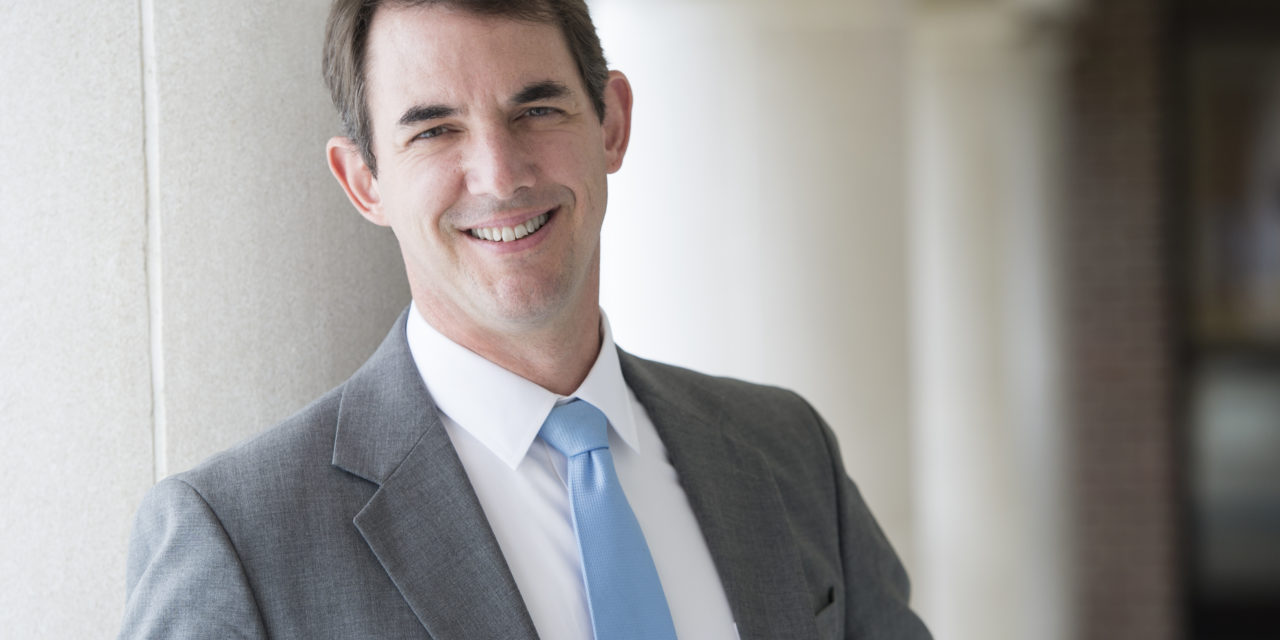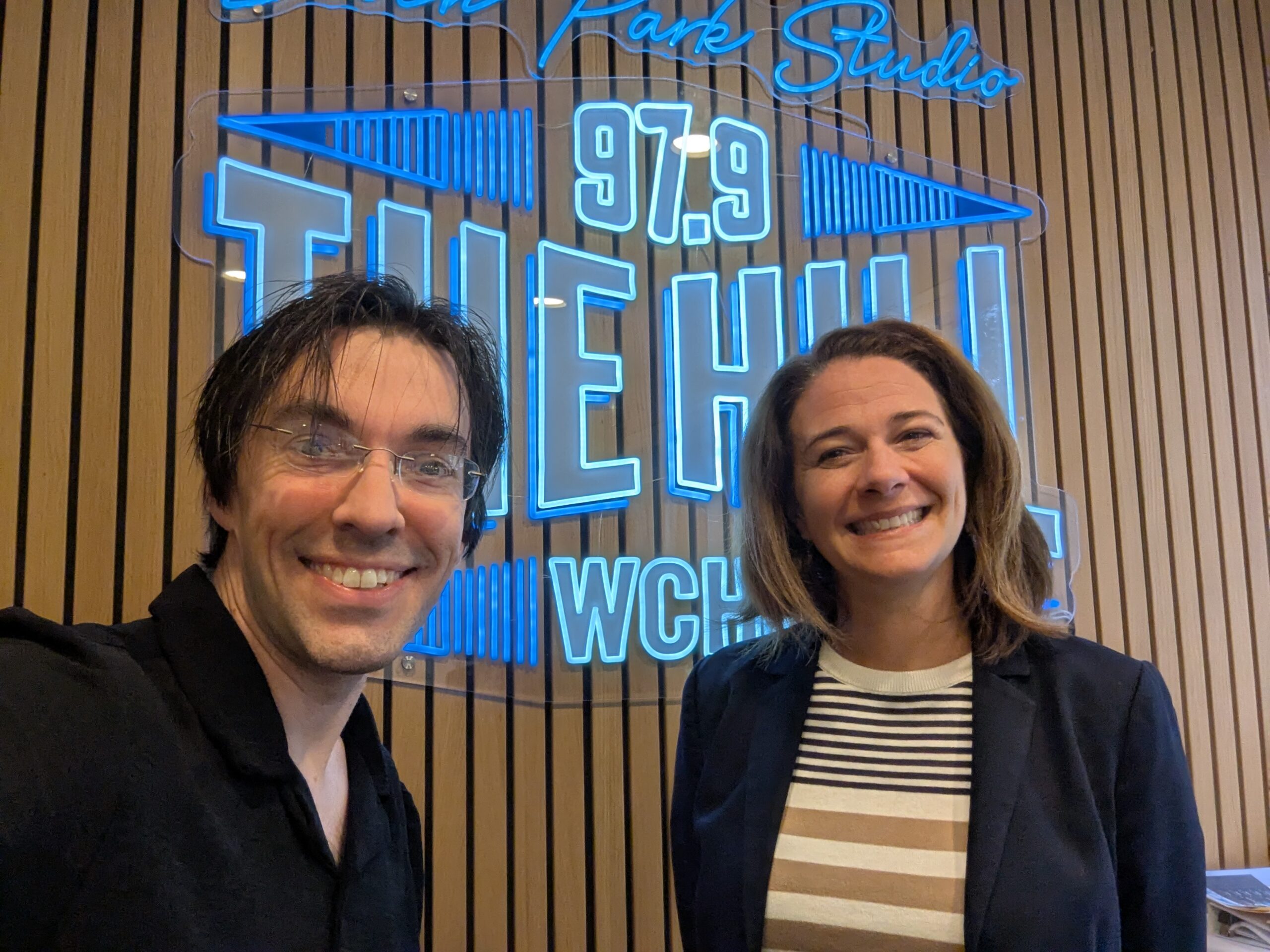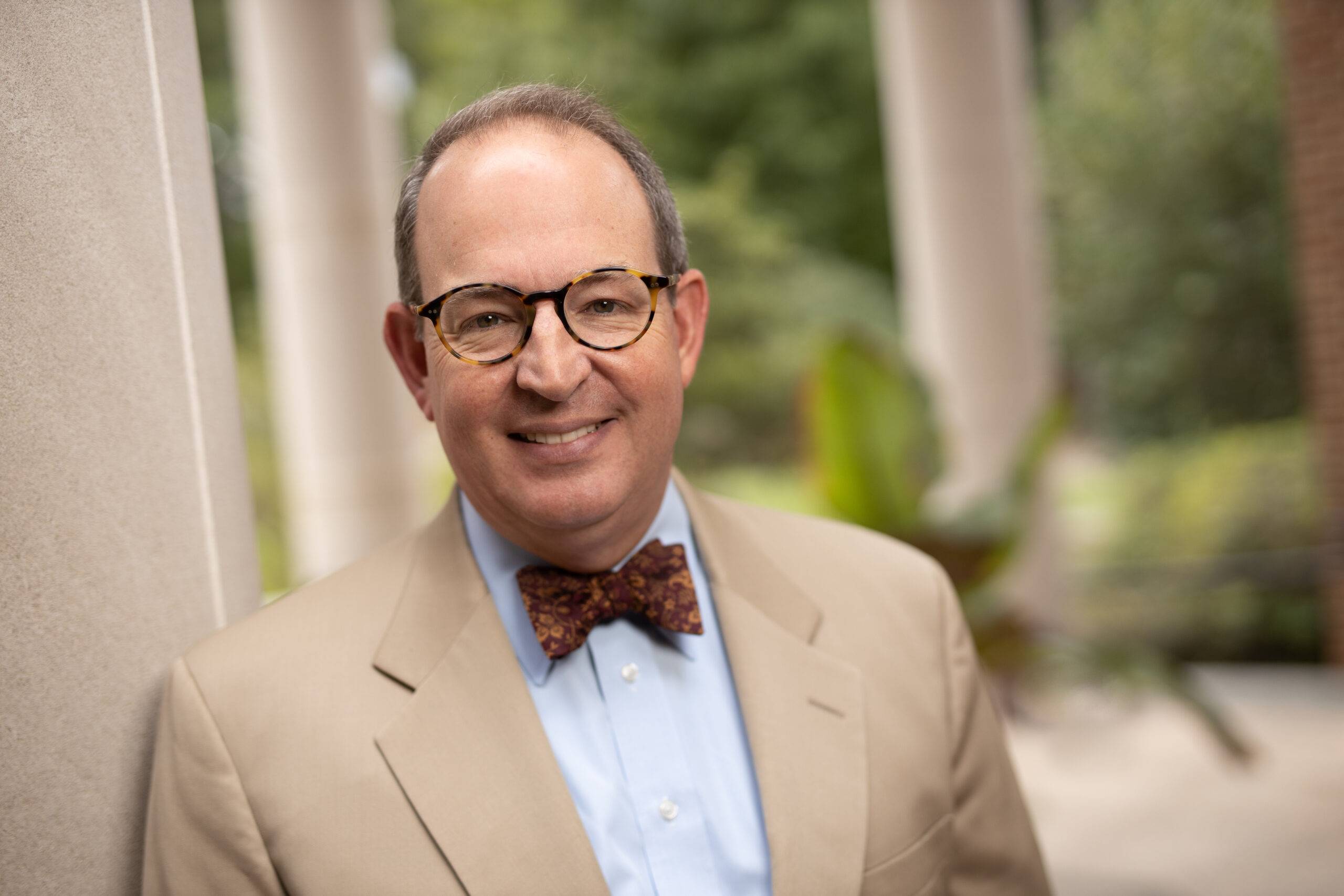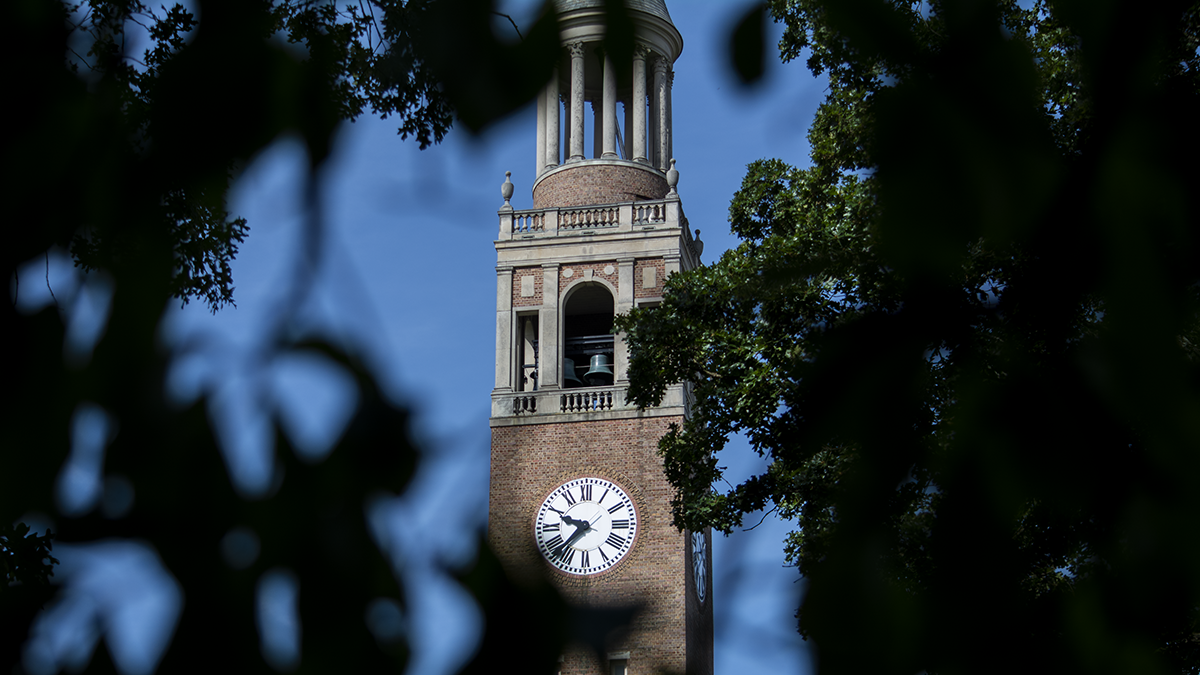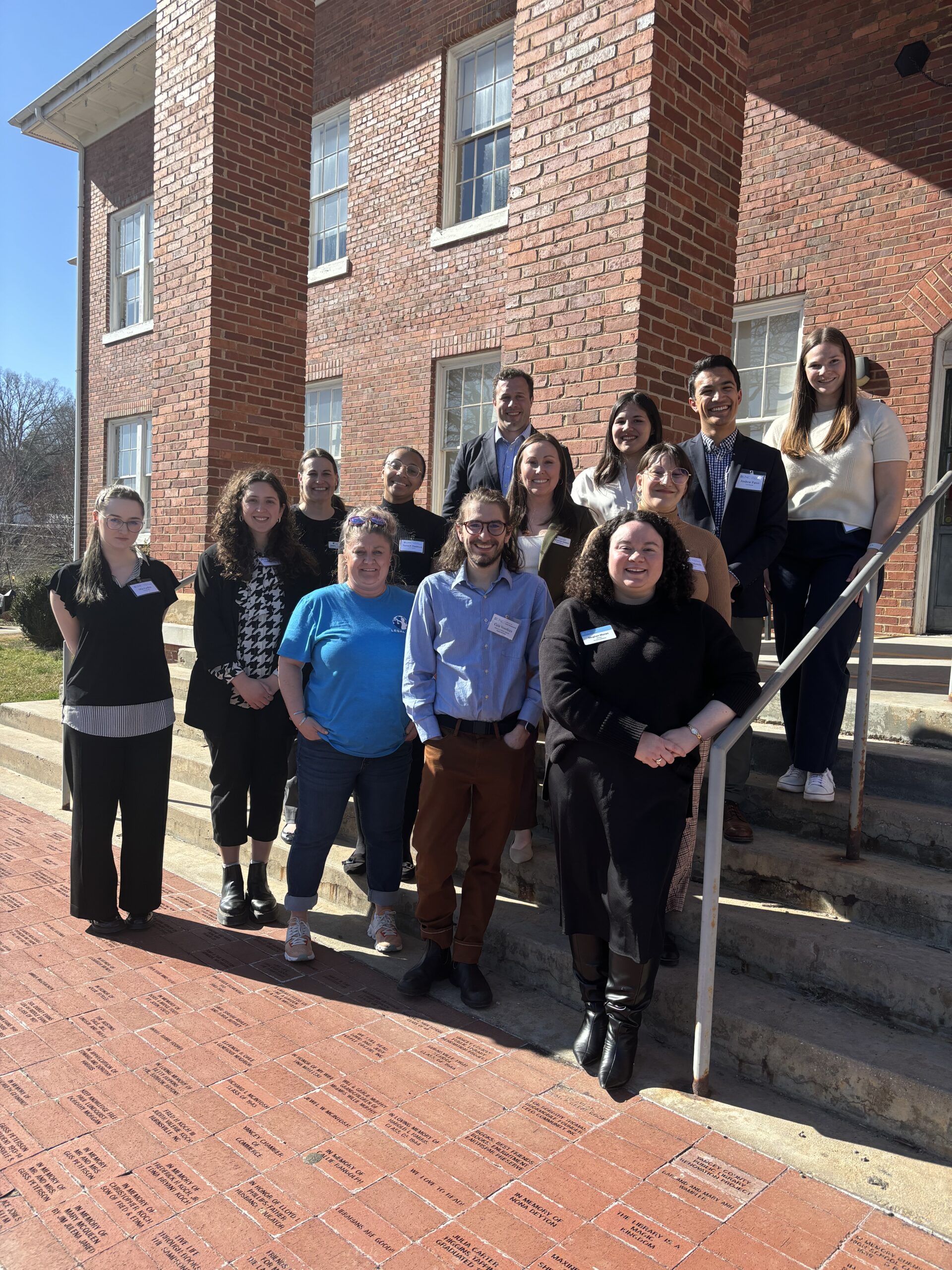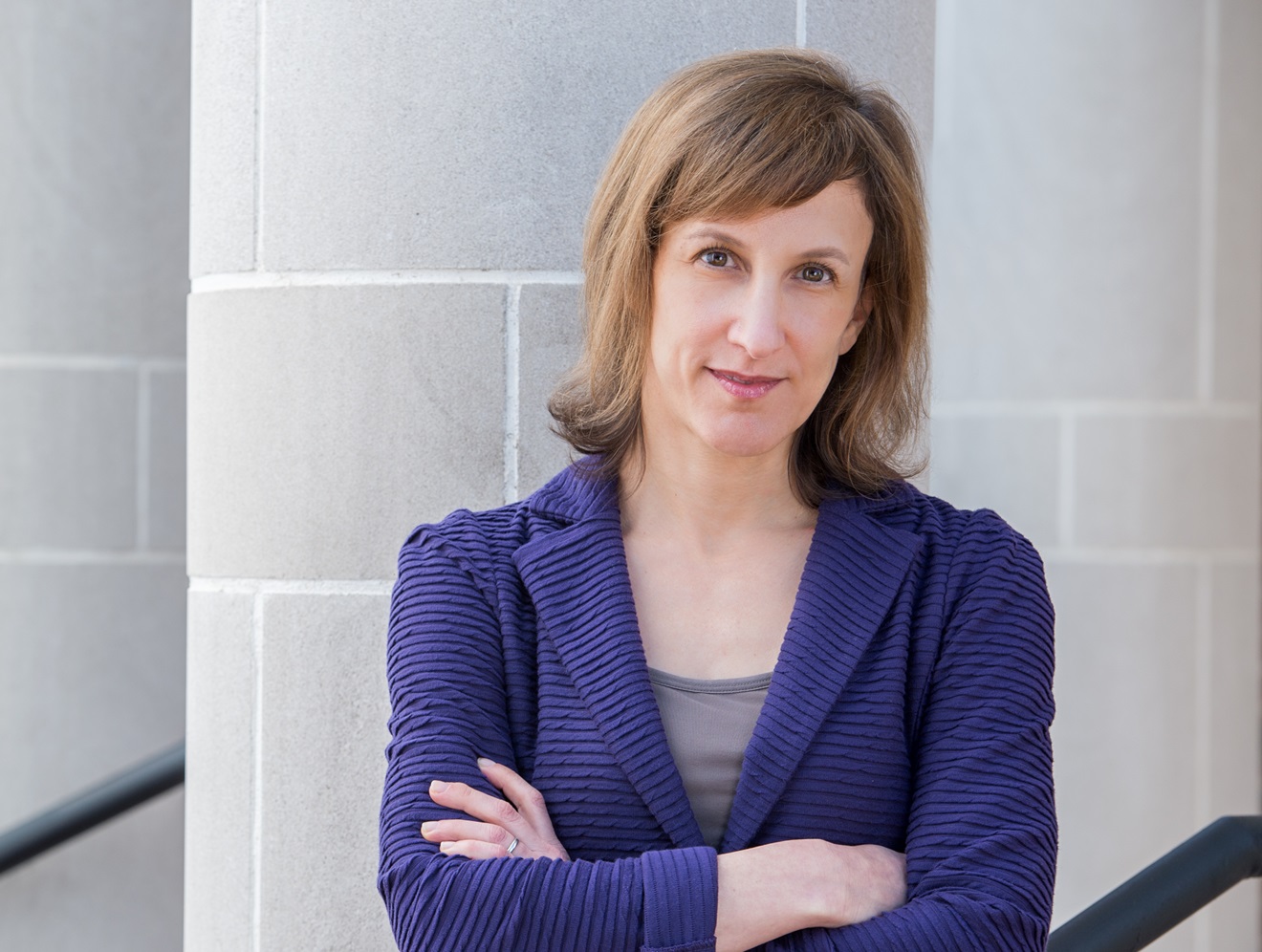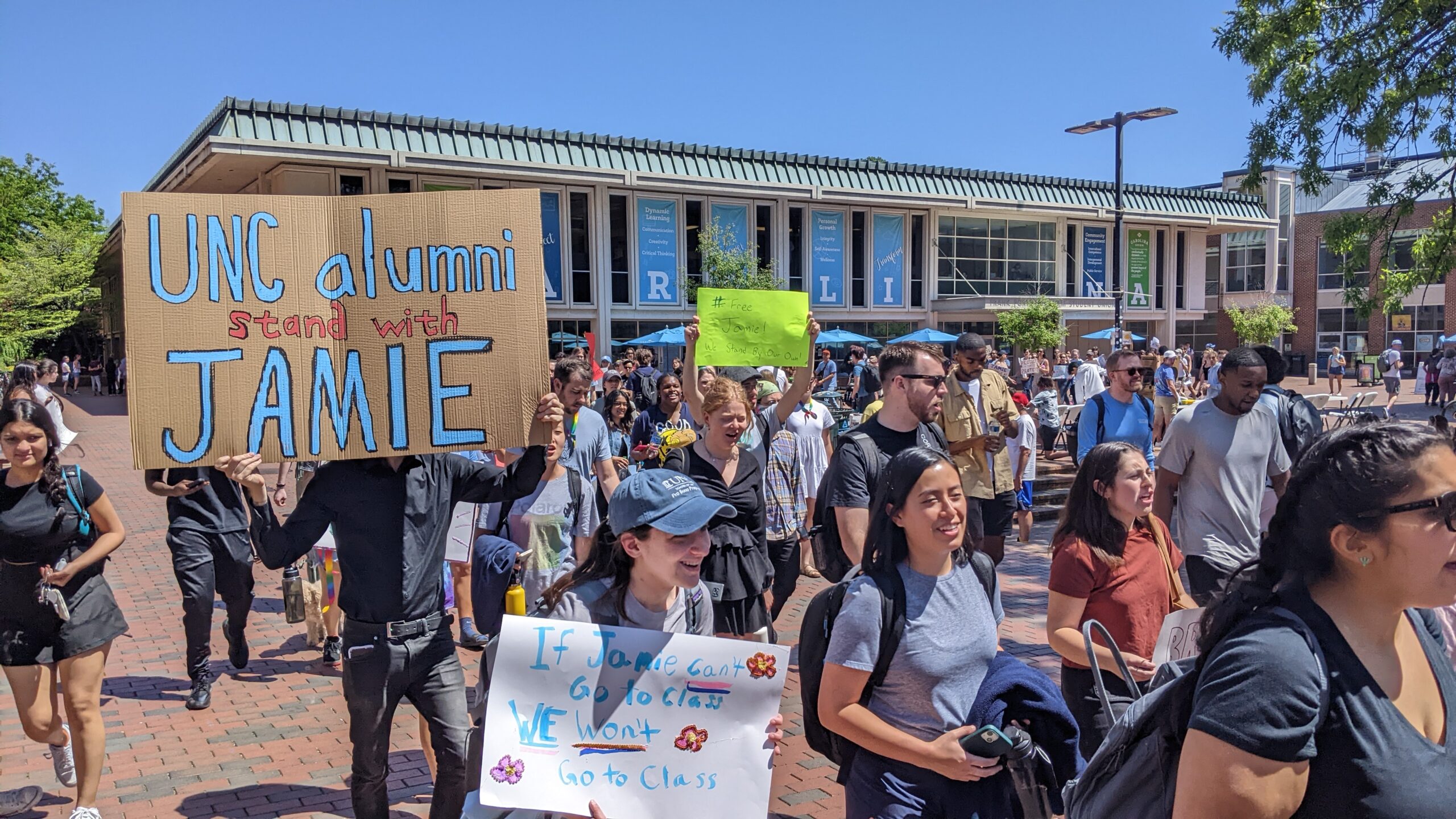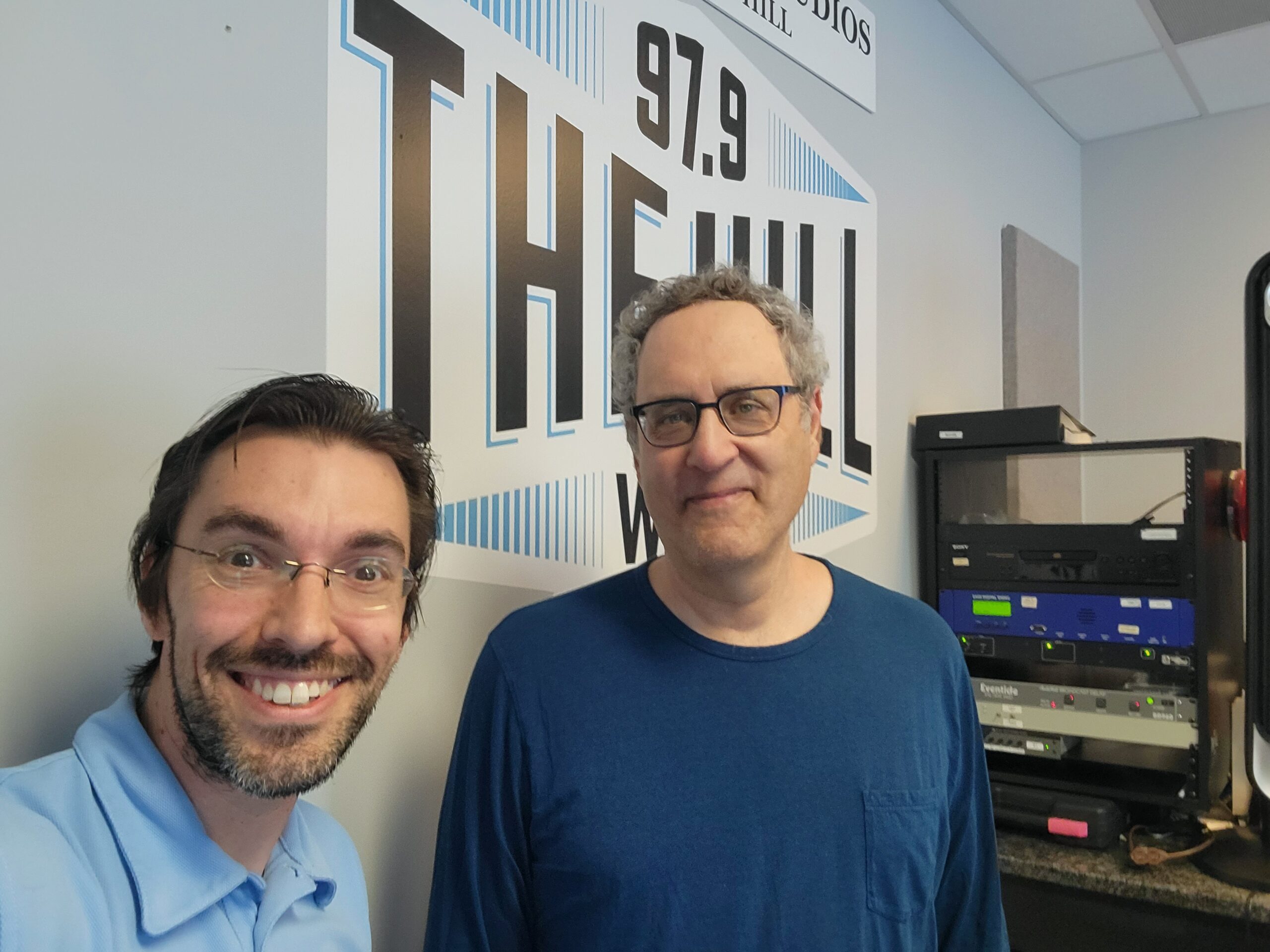Tune in to Focus Carolina during morning, noon and evening drive times and on the weekends to hear stories from faculty members at UNC and find out what ignites their passion for their work. Focus Carolina is an exclusive program on 97.9 The Hill WCHL, sponsored by the University of North Carolina at Chapel Hill.
Jonas Monast directs the Center on Climate, Energy, Environment & Economics (CE3) at UNC’s School of Law. He is focused on aligning energy policy and environmental goals while also studying how today’s decisions will influence the future.
“We’re not an advocacy organization,” Monast says. “So we wouldn’t go into the state lawmakers office and say, this is what you should do. We will first off say, what are the issues that you’re grappling with? What are the questions you have?”
Monast says the role that CE3 tries to play is helping policymakers understand the implications of the choices they make.
“It’s not just affordability versus environmental protection. A lot of the options now for electricity generation are cleaner and are cheaper, so renewable energy is getting cheaper. Battery storage is getting cheaper, natural gas is cheaper and there are fewer emissions from natural gas fired power plant than a coal fired power plant, for example.”
CE3 also serves to create a bridge between experts in academia, policymakers, and stakeholders who are engaged in important energy issues.
“Our energy laws in this country were designed largely around our understandings of the electricity sector in the 1960s and 1970s,” Monast says. “Those laws, unless they change, those laws are going to influence how the electricity sector of the 2040s and 2050s evolves.
“So what we try to do at the law school is first make it clear what the rules are, explore how those current rules are going to influence questions about the role of renewable energy, the role of battery storage, the role of centralized electricity generation versus the role of distributed generation.
“If the laws don’t change, that’s going to take us down a certain trajectory and that trajectory is going to look more like the past.”
Listen to part one of the interview with Jonas Monast:
A major project at CE3 focuses on how electricity sector competition is changing and how states could harness those changes to deliver lower energy prices and environmental outcomes to consumers.
“What we’re focusing on trying to help stakeholders and policymakers understand is there is more of an ability now to harness opportunities for competition to deliver those benefits.
“So that can be in terms of increasing opportunities for homeowners to install solar panels on their rooftops. So third party leasing, for example, allowing other companies besides just the utility to install solar panels, own those solar panels, and the homeowner pays lease for having those solar panels.
“They don’t need Duke Energy’s permission to do that. Even though they’re in Duke Energy’s exclusive service territory, other companies are now providing power to end users. So that’s the change.”
Another innovation that can help home and business owners cut down energy costs is the smart thermostat.
“So you can program that thermostat to control your energy usage,” Monast says. “Maybe use less energy because you’re not heating or cooling your house when you’re not there. Even when you are using the power, using it at times when the electricity may be cheaper than when it’s more expensive. So that’s just one example of a number of these technological options that are available to consumers now.”
Listen to part two of the interview with Jonas Monast:

